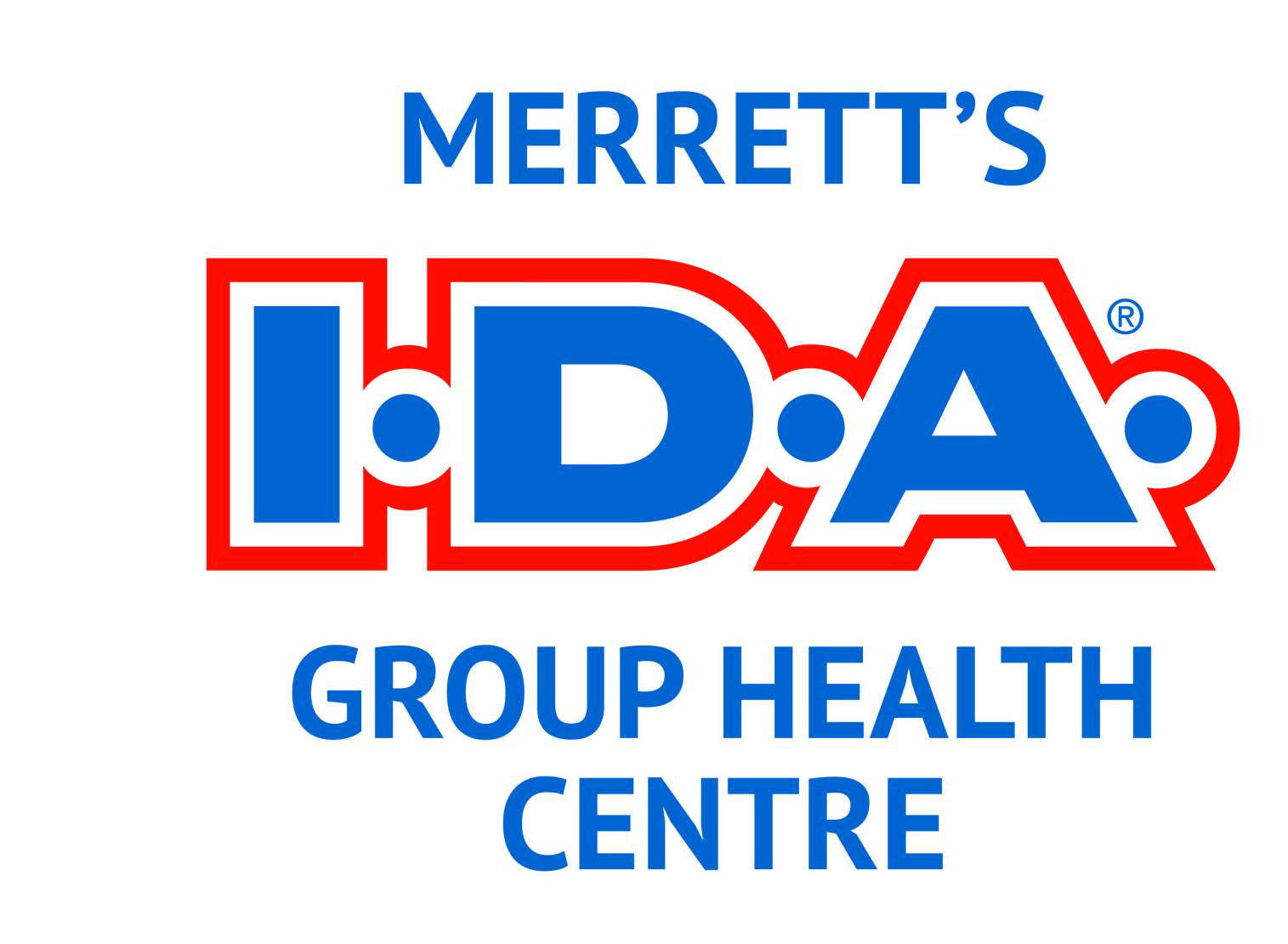Your Pharmacist, Your Ally
DISCOVER HOW YOUR PHARMACIST CAN HELP WITH YOUR DIABETES
Do you suffer from type 2 diabetes? If so, your pharmacist is there to help you understand the role of your medications, to provide advice and address any questions or concerns you may have so you don’t experience undue distress about your disease.
Type 2 diabetes causes an increase in blood sugar (glycemia). The primary goal of treatment is to bring blood sugar levels back down to within a normal range.
There are several types of medication that lower blood sugar levels, and each works in a different way. They are often used together, since the combined effect of smaller doses of different medications can help lower blood sugar levels while reducing the risk of undesirable side effects.
Type 2 diabetes can also damage certain organs, notably the heart, kidneys, nerves or eyes. To reduce the risk of such damage, it is important not only to control blood sugar levels, but also to take other medications to prevent these complications.
In other words, if you need to take several medications, it is not because you are more ill, but rather to better control your blood sugar level while protecting your organs from damage that can be caused by diabetes. And just because you take an injectable form of medication doesn’t mean you are more seriously ill either.
Your pharmacist is an expert in medications and a valuable treatment counsellor. Here’s how your pharmacist can help you:
